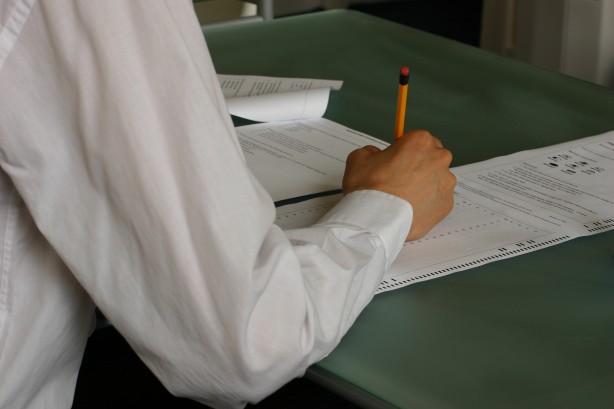The Supreme Court on Friday issued a notice to the Union ministry of communications seeking a response on the “standard protocol” for Internet shutdowns to prevent cheating in exams.
A bench headed by Chief Justice of India U.U. Lalit issued the notice on a PIL filed by an NGO, Software Freedom Law Centre, challenging arbitrary Internet shutdowns by various state governments.
Senior advocate Vrinda Grover, who appeared for the NGO, cited instances of Rajasthan and Assam governments imposing such shutdowns in the name of curbing exam-related malpractices.
“On oral prayer made by Ms. Vrinda Grover, learned counsel appearing for the petitioner, the Ministry of Communications through its Secretary, Government of India, is impleaded as respondent no.5 in the instant proceedings. Cause title be amended accordingly. At this stage, we issue notice only to respondent no.5 calling upon said respondent to put in an affidavit in response indicating whether there is any Standard Protocol with respect to the grievance raised by the petitioner and, if so, to what extent and how said Protocol is adhered to and implemented. Let the response be filed within three weeks from today. Rejoinder, if any, be filed within a week thereafter. List the matter for further consideration on 14.10.2022,” the bench, which also included Justices S. Ravindra Bhat and P.S. Narasimha, said in its order.
Grover told the court that the shutdown orders passed by these states were not in the public domain.
CJI Lalit asked why the petitioner couldn’t seek relief from the respective high courts.
He noted that the apex court had already passed various guidelines in the journalist Anuradha Bhasin case in 2020, and the high courts could follow the said judgment.
Grover said the Rajasthan government had assured the high court that there would be no shutdowns but had backtracked.
She pleaded that the Internet had become an important facet of every citizen’s life and was crucial in availing benefits under the MGNREGA and other government welfare schemes.
The senior counsel cited a parliamentary standing committee report to buttress the argument that there could not be any restrictions on the Internet for exam-related issues.
The bench agreed to issue notice only to the Union ministry and posted the matter for further hearing to October 14.











